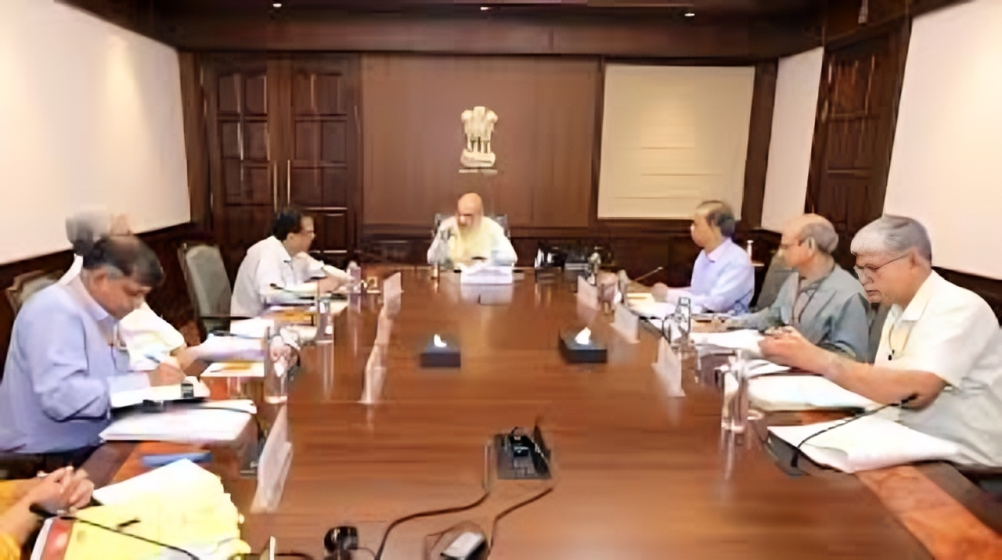As per the official statement by the Ministry of Home Affairs (MHA), the notification to conduct Census 2025 will be published in the official gazette on June 16, 2025. This notification marks the formal beginning of the Census process, making it mandatory for citizens to participate and provide accurate data.
This Census assumes even greater importance because it will form the basis of redrawing Lok Sabha constituencies post-2026, impacting future political representation.
Digital Census: A First for India
For the first time in history, the entire Census process will be conducted through digital means, using a specially designed mobile application. Citizens will have the option for self-enumeration, providing flexibility and convenience.
According to MHA officials:
- 34 lakh enumerators and supervisors will be deployed across the country.
- Around 1.3 lakh Census functionaries will oversee the smooth conduct of the survey.
- Data will be collected on housing conditions, household amenities, and individual demographic details.
Two Phases of the Census
The Census 2025 will be conducted in two major phases:
1️⃣ House Listing Operation (HLO):
In this phase, information about:
- Housing conditions
- Household assets
- Basic amenities such as drinking water, electricity, sanitation, etc.
will be collected.
2️⃣ Population Enumeration (PE):
The second phase will capture:
- Name, age, gender
- Religion, language
- Caste
- Educational qualification
- Employment details
- Migration status
- Disability status
- Marital status
Caste Enumeration to be Included
A significant update is that caste enumeration will be conducted during this Census. This comes after the Union Cabinet’s approval on April 30, 2025. For the first time since 1931 (except the SECC 2011), detailed caste data will be collected officially, which is expected to influence future reservation policies and socio-economic planning.

Data Security Measures in Place
Given the scale and sensitivity of the exercise, the Government has assured very stringent data security measures. Officials confirmed that:
- Encryption will be used during data collection, transmission, and storage.
- Robust cybersecurity systems will protect personal and household data.
- Only authorized Census functionaries will have access to sensitive information.
This emphasis on digital security aims to address privacy concerns raised by various stakeholders.
Why Is Census 2025 Important?
Here are some key reasons why Census 2025 holds immense national importance:
Political Representation:
Post-2026, the Census data will be used for redrawing parliamentary and assembly constituencies. This is likely to affect representation of southern and northern states differently due to varying population growth rates.
Policy Planning:
Accurate data will help the government design welfare schemes, infrastructure projects, and socio-economic programs more efficiently.
Caste Data for Reservations:
The inclusion of caste data could shape future debates and policies around reservation quotas in education and jobs.
Economic Planning:
Updated demographic and socio-economic data will be crucial for GDP growth strategies and targeted poverty alleviation programs.
Current Context: Why Was the Census Delayed?
India’s last Census was conducted in 2011. The scheduled 2021 Census was postponed indefinitely, primarily due to the COVID-19 pandemic. Several administrative and logistical challenges further delayed the process until now.
Next Steps: What to Expect?
- June 16, 2025: Official Census Notification to be published.
- By Early 2026: House Listing Operation expected to commence.
- March 1, 2027: Reference Date for the completed Census data.
- Post-2027: Likely use of data for constituency delimitation and policy formulation.
With elections slated for 2029, the Census 2025 will play a pivotal role in shaping India’s political and socio-economic future.
Temba Bavuma Breaks 104-Year-Old World Record, Achieves Epic Test Captaincy Milestone



[…] Census notification to be issued on June 16: Ministry of Home Affairs […]